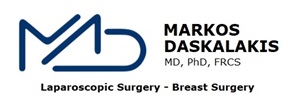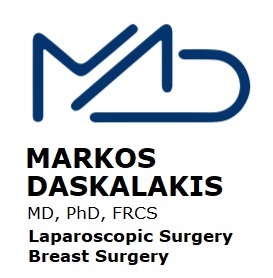Impact of surgeon experience and buttress material on postoperative complications after laparoscopic sleeve gastrectomy.
Background: Sleeve gastrectomy is gaining popularity whether as a primary, staged or revisional operation. The aim of this study is to evaluate the perioperative safety and the learning curve for laparoscopic sleeve gastrectomy (LSG).
Methods: We performed a retrospective review of the prospectively collected data for all patients who underwent LSG for the treatment of morbid obesity at our institution from January 2003 to December 2008.
Results: Data from 230 consecutive patients [male 47%, female 53%; mean age 44.0 ± 10.0 years, mean preoperative body mass index (BMI) 56.7 ± 11.5 kg/m(2)], who were operated upon by three surgeons with different degrees of bariatric experience, were analyzed. There was no 30-day mortality, but there were two cases of late mortality (0.87%). Early complications were noted in 23 cases (10.0%), including 10 cases of leak (4.3%) and 10 cases of hemorrhage (4.3%). In 17 cases (7.4%) reoperations were performed. The rates of overall and major complications did not differ among surgeons or between early and late period of experience for the three surgeons; this trend held true individually and in subgroups. Overall, over the course of the learning curve, a significant decrease in operative time was noted. The only factor that was independently associated with complications was use of buttress material; the likelihood of complications was found to be 72% lower in patients in whom buttress material was used.
Conclusions: LSG constitutes a potentially safe anti-obesity procedure with acceptable morbidity. Experience at the beginning can be discouraging, even for surgeons with advanced laparoscopic skills. LSG can be performed safely, with proper mentoring and in appropriate settings, even by less experienced bariatric surgeons. The use of staple-line reinforcement was associated with improved perioperative outcomes, and it should be considered in an attempt to decrease leaks.



